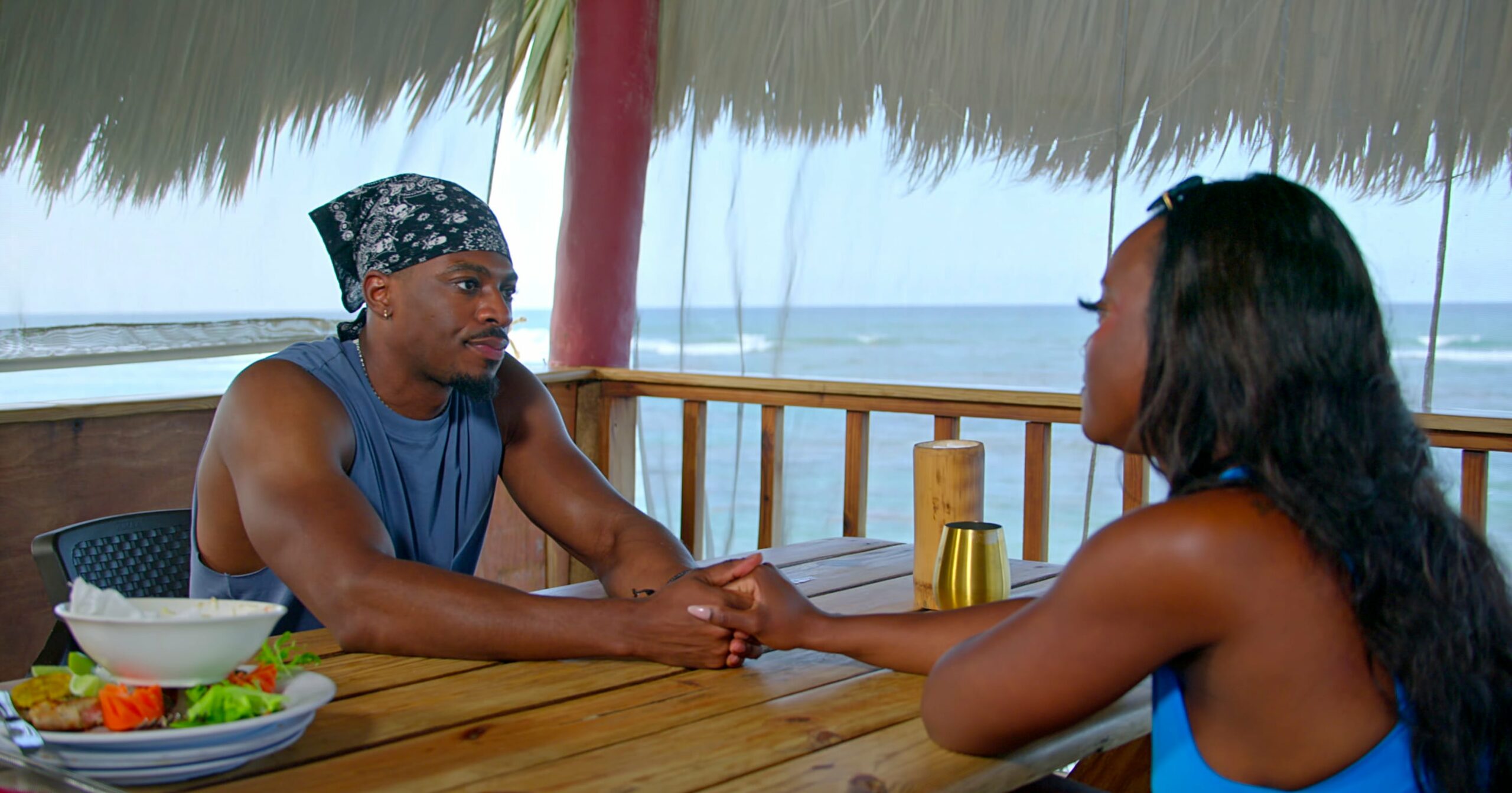If you ask someone to explain why they cheated on their partner, they may blame it on feeling unhappy in the relationship or admit to it being a selfish mistake. But it’s not often that someone would say cheating is a capability they inherited from their parents.
In the newest season of “Love Is Blind,” one participant, Clay, expressed his concern about the possibility of being unfaithful. In countless subsequent conversations, he questioned his ability to be in a monogamous marriage with his fiancée Amber Desiree (“AD”) – not because he’s cheated in the past (at least, to our knowledge), but because he witnessed his father’s unfaithful behavior.
One study in the Journal of the International Association for Relationship Research does confirm that there may be some causation between a parent cheating and their child being more open to cheating because of it. “Parent infidelity is associated with an individual’s own infidelity,” the abstract states. But does that mean cheating is hereditary?
Is Cheating Hereditary?
While you may inherit your freckles or dimples from your parents, relationship behaviors like cheating is not something that’s genetic, Morgan Anderson, PsyD, clinical psychologist, relationship coach, and “Love Magnet” author, confirms. However, Dr. Anderson says, “The relationship models and beliefs that cause cheating can be passed down from generation to generation.” Unfortunately, this means that if a parent of yours has cheated, you are more likely to do the same.
When we observe our parents’ behavior as children, whatever that behavior is becomes normalized. And in many cases, as adults, “we tend to repeat what is familiar to us,” family therapist Elisabeth Crain, PsyD, adds. You may not intentionally say “I should cheat in my relationships because that’s what I saw my father do,” but on a subconscious level, your mind internalizes the behavior and “it can lead you to showing up in similar ways,” Dr. Anderson says.
All that to say, the likelihood of someone cheating has a lot to do with generational trauma – something we saw in the final “Love Is Blind” episode when Clay’s father admitted he didn’t have a great father figure himself. “Our learned behaviors are typically repeated and our generational trauma [is] passed on unless there’s active work to unlearn those behaviors and process that trauma in adulthood,” Dr. Crain says.
For Clay, this means he was right to assume monogamy might be a hard commitment for him. He is more likely to cheat (or “repeat” the behavior of his father) because of what he experienced as a child. But cheating is also something that we as individuals can control, even if it is the result of generational trauma.
How to Heal From Generational Trauma in Relationships
Acknowledging the generational trauma is a great first step, and it’s something that Clay already arguably does well. “The reality is that by talking about the fear [of cheating], Clay is taking away the power it has over him,” Dr. Anderson says. Because Clay understands the magnitude of cheating and what it can do to a family, he can make a conscious effort to not repeat the behavior.
“We all have the power to choose wisely and make good decisions that step out of the maladaptive behaviors we grew up with.”
“Awareness alone is not enough,” however, Dr. Crain says. Once the repeated behavior is recognized, therapy is the next step to healing generational wounds. Overall healing includes being aware, processing the behavior with a therapist, understanding your own behavior, and modifying your behavior. (For more information on how to find a therapist, refer to these five steps for finding the right therapist for you and check out some online therapy options as well.)
Bottom line: Whether or not you cheat on someone is a behavior you absolutely can control. “We all have the power to choose wisely and make good decisions that step out of the maladaptive behaviors we grew up with,” Dr. Crain says. “But it requires recognizing these behaviors for what they are.”
While you can absolutely blame your parents for your eye color or how tall you are, it’s your responsibility to build healthy relationships that don’t repeat your parents’ poor relationship behavior.
Taylor Andrews is a balance editor at POPSUGAR who specializes in topics relating to sex, relationships, dating, sexual health, mental health, and more. In her six years working in editorial, she’s written about how semen is digested, why sex aftercare is the move, and how the overturn of Roe killed situationships.



